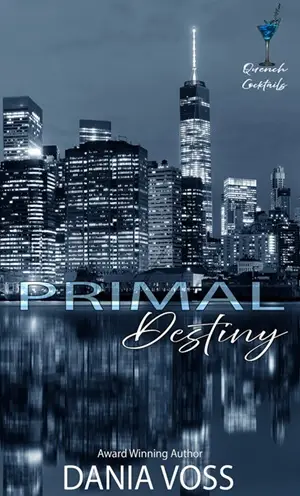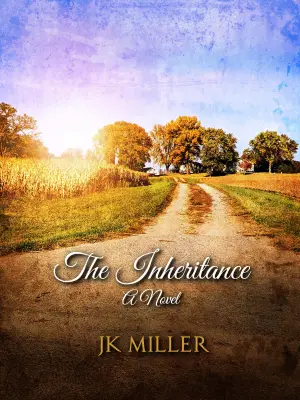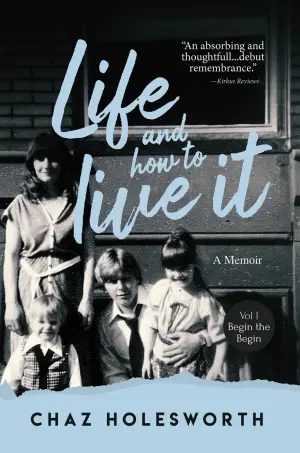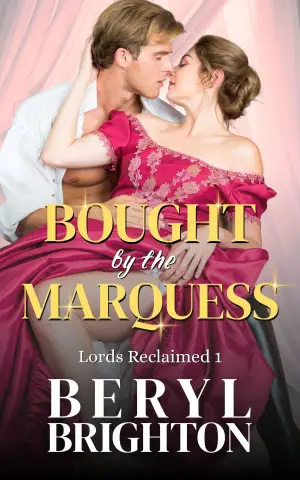As an avid reader and fan of dystopian fiction, I was immediately drawn to Scythe by Neal Shusterman, the first book in a series that offers a gripping exploration of mortality and morality in a world free from death, hunger, and disease. The premise intrigued me: a society where humanity has conquered death, yet a select group known as Scythes holds the grim responsibility of taking lives to maintain balance. With such a unique foundation, I couldn’t resist delving into this novel.
From the very first pages, I found myself captivated by the world that Shusterman has created. The writing is both accessible and thought-provoking, with an intricate plot that weaves together themes of ethics and power. I appreciated the journal entries that opened each chapter, offering glimpses into the minds of various Scythes and enhancing our understanding of their duties and dilemmas.
Many readers, like The Boomer, have praised the book for its “captivating world” and impressive world-building. I couldn’t agree more—Shusterman skillfully constructs a universe that is not only fascinating but also unnervingly relevant to contemporary society. The concept of a future where death is controlled raises profound questions about human nature and morality. As I followed the journeys of Citra and Rowan, the apprentice Scythes, I appreciated their character development and the nuances in their beliefs about life and death.
However, not everything about the book met my expectations. In alignment with some reviews, I found that certain plot moments felt forced. For instance, there were instances where the rules guiding the Scythes’ duties seemed overly convenient or jarring. Moreover, while the quick pace keeps the narrative engaging, I wished for a bit more depth in some aspects, particularly regarding the customs and philosophical implications of being a Scythe. Ramchandra mentioned a desire for more journal entries, which I wholeheartedly echo—I found those perspectives fascinating and craved additional insights into the Scythes’ psyche.
One of the standout features of the book is how it artfully explores the ethical implications of its premise. Shusterman poses challenging moral questions: How do individuals navigate their duties when those duties involve taking lives? Citra and Rowan’s struggles resonate throughout, showcasing conflicting ideals that reflect the complexities of humanity. As noted in one reviewer’s insights, the book compels readers to ponder profound societal issues, making it a form of entertainment that doubles as philosophical inquiry.
As for the pacing, I also agree with Amazon Customer’s review that it manages to stay brisk and engaging. Whether you’re a seasoned reader or new to dystopian fiction, the narrative flows smoothly, drawing you in and leaving you eager for the next chapter.
In terms of drawbacks, I did notice some similarities to other popular dystopian stories, particularly in the structure, which some might find derivative. Lenny Teske’s impression of parallels to The Hunger Games highlights this aspect. While I enjoyed the creativity of Shusterman’s narrative, I can see how others might feel there’s a familiarity to the story that lacks innovation in certain areas.
Overall, Scythe is an enthralling read that rarely falters in execution. Its blend of action and moral complexity keeps you on your toes, making it suitable for young readers and adults alike, as long as they can handle its heavier themes. If you’re a fan of thought-provoking dystopian tales that mirror the realities of today’s world while venturing into ethical territory, Scythe is a must-read.
In conclusion, I highly recommend Scythe. It’s a compelling mix of entertainment and introspection, perfect for those willing to explore a world where life and death are regarded with extreme reverence and responsibility. After finishing it, I found myself eagerly anticipating the rest of the series, including The Thunderhead and The Toll. The journey is just beginning, and I can’t wait to see where Shusterman takes us next!








